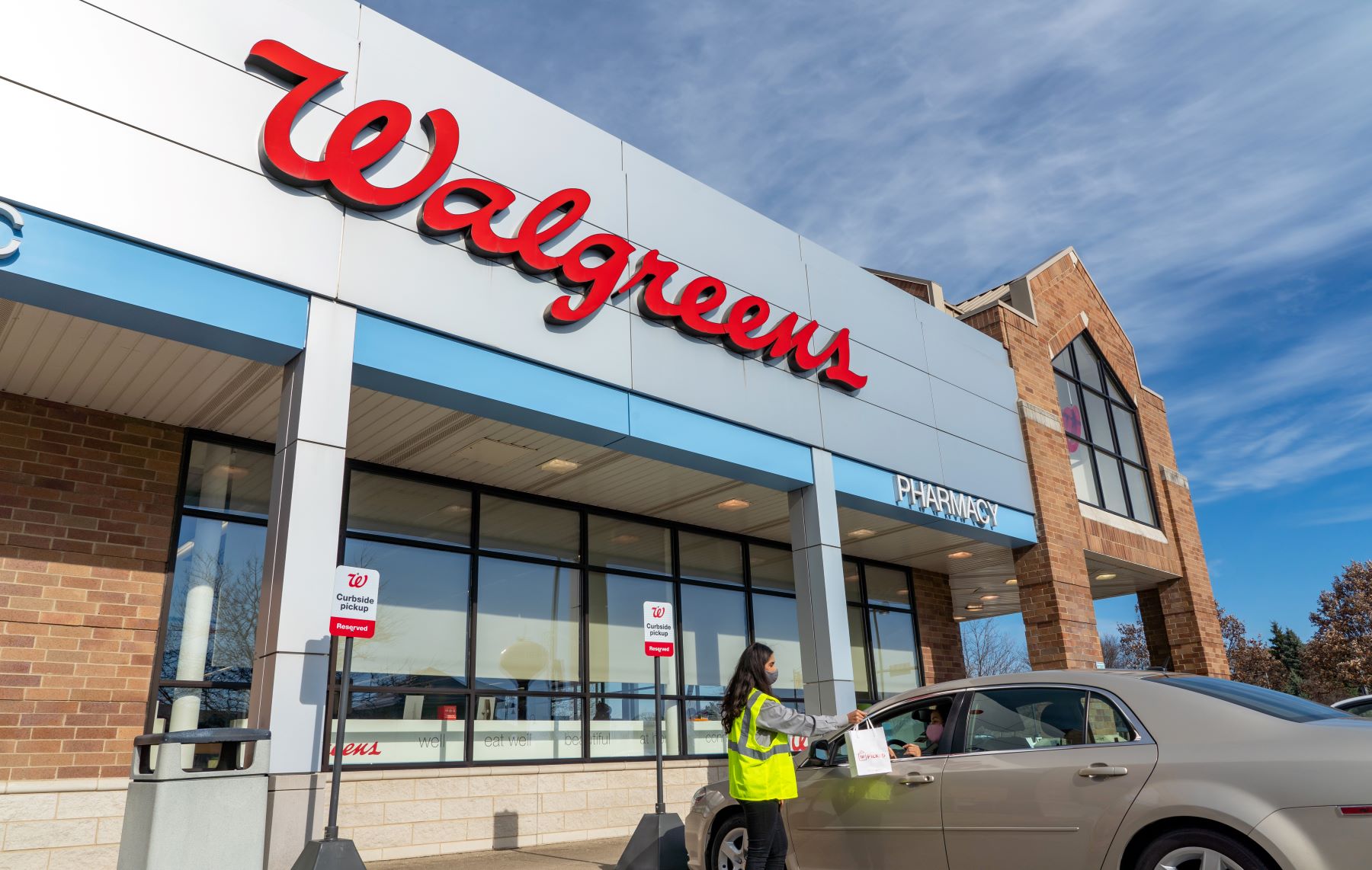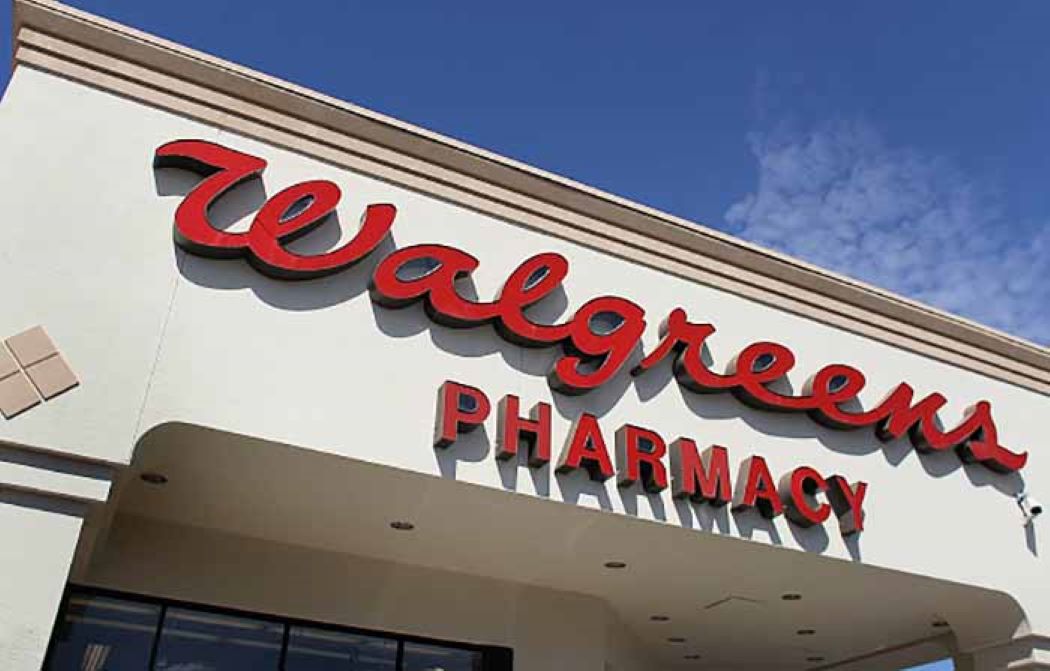Walgreens announced on Thursday its plans to collaborate directly with drug manufacturers to introduce cell and gene therapies to patients in the United States, as part of an extensive expansion of its specialty pharmacy services.
The company revealed the launch of a new business unit dedicated to its specialty pharmacy segment, which will incorporate its specialty pharmacy subsidiary, AllianceRx. This unit will operate within its core U.S. retail pharmacy division.
Meanwhile, Shields Health Solutions, a subsidiary supporting health system-owned specialty pharmacies, will remain under Walgreens’s U.S. health-care division.
Specialty pharmacies have assumed a crucial role in the U.S. health system, particularly with the increasing prevalence of chronic diseases.
These pharmacies dispense medications that demand meticulous care in handling, storage, and distribution. They often cater to patients with chronic, rare, or complex conditions like cancer, Crohn’s disease, and HIV.
Additionally, specialty pharmacies provide counseling and financial assistance tailored to support patients undergoing these costly treatments.

As part of its efforts to enhance its specialty pharmacy services, Walgreens will establish a newly licensed facility in Pittsburgh dedicated to cell and gene therapies.
This 18,000-square-foot center will assist drugmakers and healthcare providers in going through the intricate supply chain for these treatments and managing patient requirements.
Walgreens’ decision to venture into cell and gene therapy services follows a surge in approvals for these drugs in both the U.S. and the European Union over the past year.
These therapies, often one-time, high-cost treatments, target a patient’s genetic source or cell to cure or significantly alter the course of a disease. Some health experts anticipate that cell and gene therapies may replace traditional lifelong treatments for managing chronic diseases.
The U.S. Food and Drug Administration approved seven cell and gene therapies last year, including the first gene therapies for sickle cell disease. This market is projected to expand further, with the FDA anticipating reviewing and approving between 10 and 20 cell and gene therapies annually by 2025.
Walgreens highlighted that its newly launched business unit is the largest independent provider of specialty pharmacy services, generating approximately $24 billion in revenue from this segment.
Notably, Walgreens Specialty Pharmacy business operates independently from a pharmacy benefit manager, affording the company flexibility in contracting dynamically with any payer.

Under the new unit, patients of AllianceRx and Walgreens’s nearly 300 community-based pharmacies gain access to additional resources to enhance the expert care they receive from their specialty pharmacist. These resources include clinicians with specialized disease expertise, nutritionists, and nurses.
Moreover, Walgreens’s community-based specialty pharmacies, strategically situated near medical office buildings and health systems, offer specialty drugs more swiftly than the industry average, along with ancillary services such as injection training and side-effect management.
Walgreens boasts a workforce of over 1,500 specialty pharmacists, supported by 5,000 patient-advocacy support team members and dedicated specialty pharmacy teams, ensuring comprehensive and personalized care.
Additionally, the company offers a vast array of specialty drugs, including 240 “limited distribution” drugs that are accessible to few specialty pharmacies.







Leave a Reply